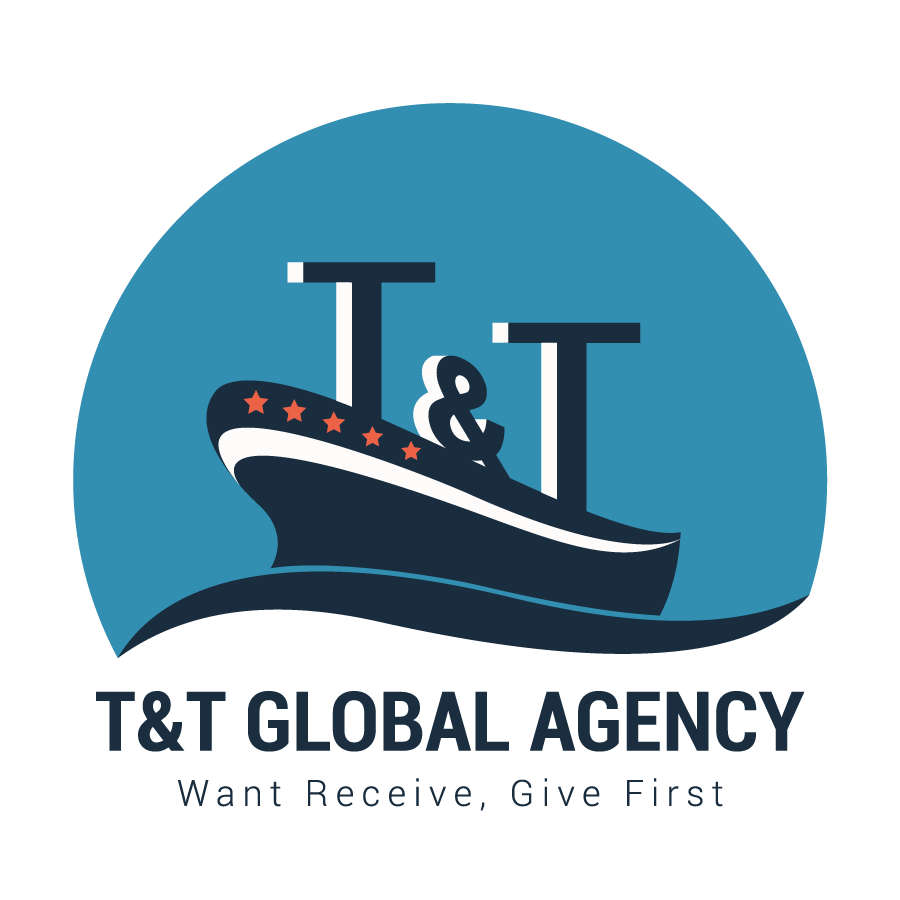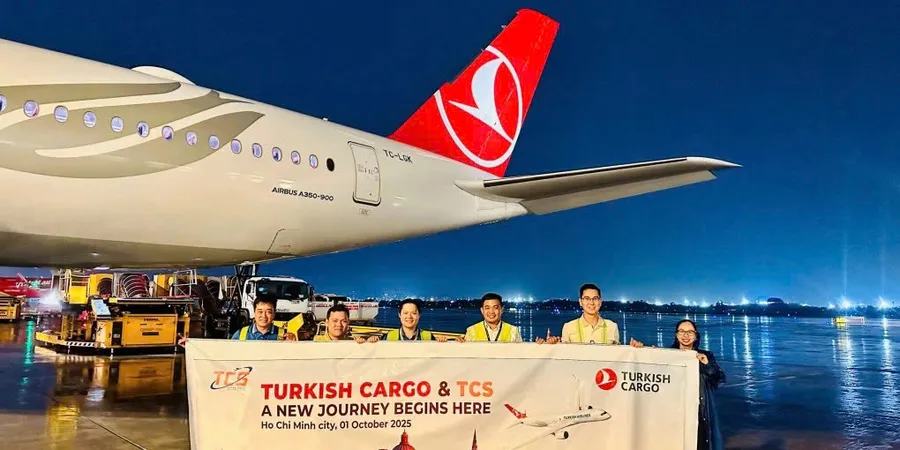Singapore highlights container shipping as Covid-19 success story
The Singapore government has credited container shipping with ensuring a resilient supply chain as the city-state battled Covid-19 from 2020 to 2021, according to a government report.
The government white paper stated that as the aviation sector shut down, container shipping was the main means of moving food supplies.
Pacific International Lines, Singapore's only locally owned ocean-going carrier, was mentioned for plying routes that kept food flowing into Singapore.
The report, based on insights from Singapore's former civil service chief Peter Ho and other government agencies, stated, "With air cargo capacity restricted — until underused passenger aircraft could be reconfigured for cargo operations — most food, particularly protein and meat supplies, had to be shipped by sea. The Ministry of Transport worked hard to keep port and land links open for the flow of goods, despite transmission risks. The Maritime and Port Authority arranged for crew transfers in bubbles under tight operational control, including via a floating hotel that was set up to house crews in transit. Pacific International Lines deployed ships to ports in the region and beyond, and continued to ply routes that kept food supplies flowing to Singapore."
Early in the crisis, Singapore encountered difficulties securing critical medical supplies like test kits, face masks, and personal protective equipment. Some of these disruptions reflected real supply shortages, while others resulted from nationalistic and protectionist reactions to the pandemic, and panic buying and hoarding.
When Malaysia issued a Movement Control Order and closed land links with Singapore, the city-state ensured the continued flow of essential goods, supplies, and workers across the border, which included strict “bubble-wrapping” arrangements for Malaysian cross-border delivery workers.
Terminal operator PSA International also worked with government agencies to step up warehousing capacity to house enhanced stockpiles. In parallel, Changi Airport stayed open for business throughout the pandemic as Singapore was a key node in global supply chains. This kept essential goods and services flowing to Singapore as well as elsewhere in the region and beyond.
At the same time, Singapore continued to allow manufacturers and distribution centres based locally to export goods to global markets.
The government report said, "Even at the height of uncertainty, with the threat of supply shortages, the government never imposed export controls. We showed through our actions that Singapore could be relied upon to remain an open hub for international business. When production capacity for pharmaceuticals and medical equipment was stretched and disrupted worldwide, companies in Singapore, such as 3M, were able to continue fulfilling global demand of such essential items."
The government also took important steps to diversify Singapore’s food supplies during the crisis. For instance, in May 2020, Singapore agreed to enhance economic cooperation and connectivity with Poland, paving the way for shipments of Polish eggs, frozen vegetables, and frozen chicken.
The report concluded, "Overall, Singapore’s supply chains withstood the test of Covid-19. Despite severe challenges, we managed to maintain Singapore’s supply of essential goods and services. We could not have done this without the support of our businesses."
Source: Container News





